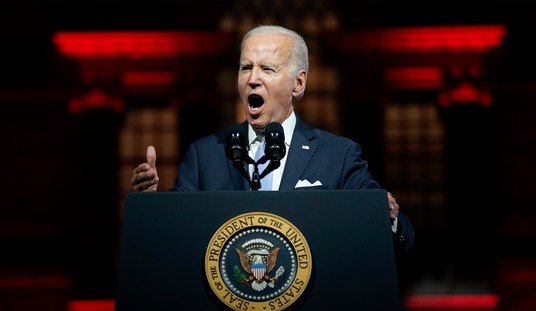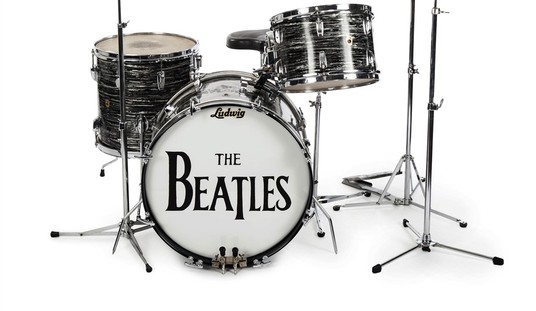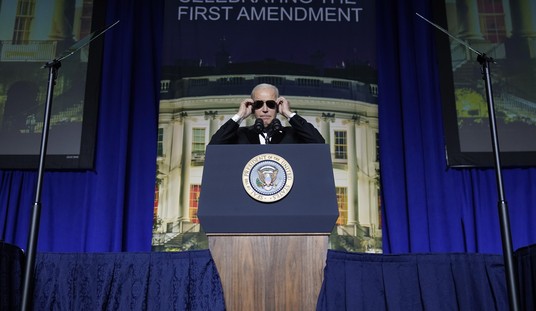This comes as no surprise, really. The Obama government played very fast and loose with Libya, running roughshod over the War Powers Act and fighting a surrogate war that it dubbed “kinetic military action” from the air while promising to never put any American boots on the ground to oust Ghaddafi.
When you don’t put boots on the ground, you don’t put your influence on the ground either.
In the Middle East, the most organized forces tend to be either the region’s despotic governments or the jihadist groups that are either al Qaeda branches or are very sympathetic to the al Qaeda cause. Or the Muslim Brotherhood, which is the ideological fountainhead for al Qaeda, Hamas, Hezbollah, and on and on.
When the despots and jihadists go to war, there is no good guy to cheer for. Many innocent lives will be lost, and one evil side will end up defeating the other, or two evil sides will make peace and decide to rule together. When America chooses not to put boots on the ground, it is choosing to let one of the evil sides have their say.
That’s not to say that we should always intervene in these local conflicts. We had no strong interests at stake in Libya. Ghaddafi had been a pest for decades but the Iraq war had chastened him into giving up his nuclear weapons program and going quiet on the terrorist front. His enemies were a mix of people that the Obama government never bothered to understand. Within that mix were jihadists who opposed Ghaddafi because he wasn’t one of them and wasn’t sufficiently radical for their tastes.
Obama heeded the advice of Secretary of State Hillary Clinton, adviser Samantha Powers and Ambassador Susan Rice, took up the cause of the United Nations’ “responsibility to protect” doctrine, and decided to wage war on Ghaddafi without ever bothering to think about what would happen in Libya after the war, no matter which side won.
The New York Times reports that one consequence of the Obama decision to keep boots off the ground was that we ended up arming jihadists.
The United States, which had only small numbers of C.I.A. officers in Libya during the tumult of the rebellion, provided little oversight of the arms shipments. Within weeks of endorsing Qatar’s plan to send weapons there in spring 2011, the White House began receiving reports that they were going to Islamic militant groups. They were “more antidemocratic, more hard-line, closer to an extreme version of Islam” than the main rebel alliance in Libya, said a former Defense Department official.
The Qatari assistance to fighters viewed as hostile by the United States demonstrates the Obama administration’s continuing struggles in dealing with the Arab Spring uprisings, as it tries to support popular protest movements while avoiding American military entanglements. Relying on surrogates allows the United States to keep its fingerprints off operations, but also means they may play out in ways that conflict with American interests.
That’s putting it mildly. It’s possible that some of the arms ended up in Benghazi on the night of September 11, 2012, when four Americans died in an assault led by Ansar al-Sharia. No evidence of such a link has emerged yet, but absence of evidence is not evidence of absence. The fact is, we still don’t know who got what sort of arms from whom, or where the guns and ammo went after they got inside Libya.
For one more kicker, the Obama government’s decisions came at the expense of US arms manufacturers.
American officials say that the United Arab Emirates first approached the Obama administration during the early months of the Libyan uprising, asking for permission to ship American-built weapons that the United States had supplied for the emirates’ use. The administration rejected that request, but instead urged the emirates to ship weapons to Libya that could not be traced to the United States.
“The U.A.E. was asking for clearance to send U.S. weapons,” said one former official. “We told them it’s O.K. to ship other weapons.”
For its part, Qatar supplied weapons made outside the United States, including French- and Russian-designed arms, according to people familiar with the shipments.
American workers could at least have gotten some jobs out of the idiocy that Obama allowed to transpire in Libya.








Join the conversation as a VIP Member